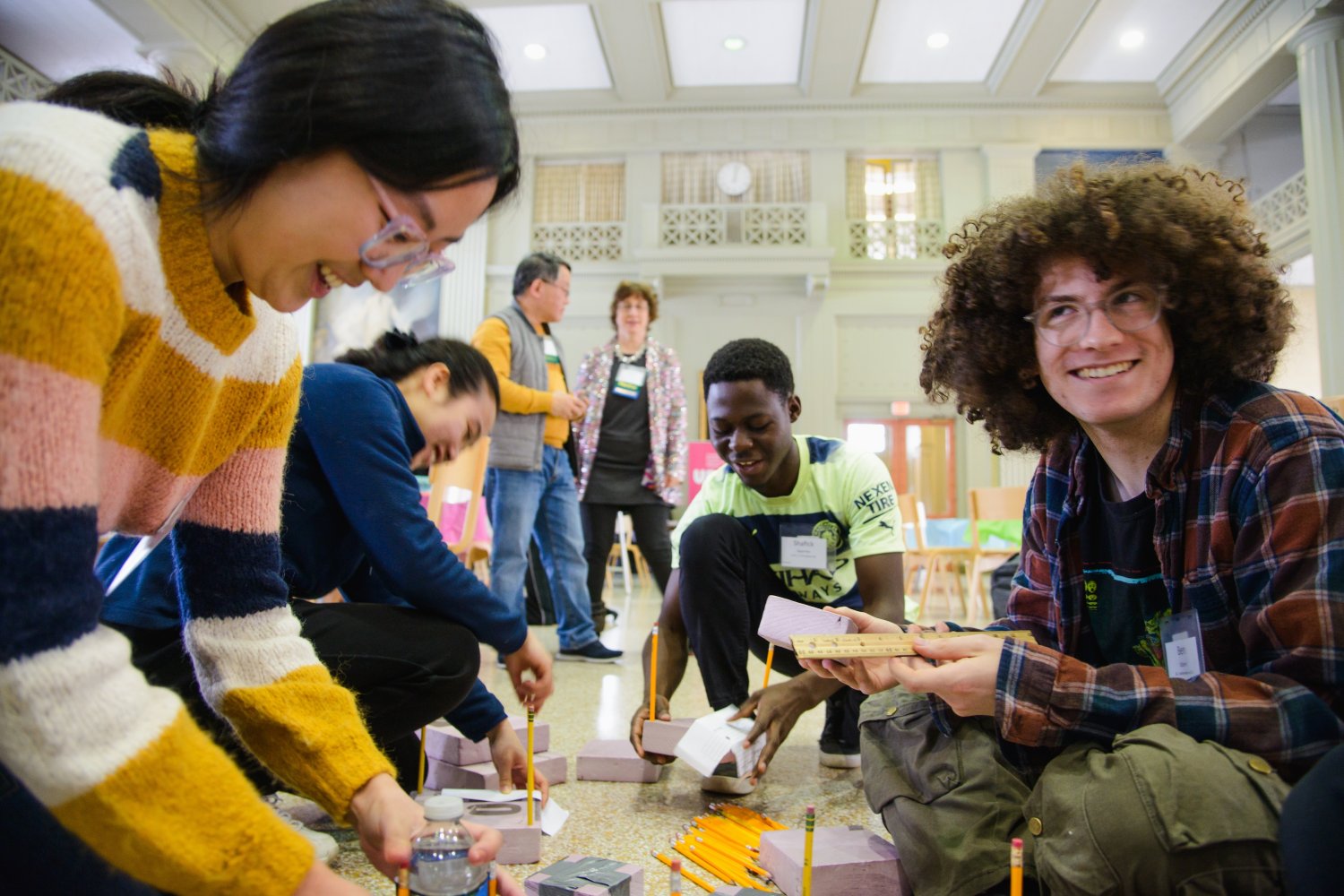
MIT’s unique Undergraduate Practice Opportunities Program (UPOP) is a yearlong career-development course for second-year students focused on preparing them for a summer experience in industry, research, and public service, as well as for their future careers post-MIT. The program was launched in 2001 by Thomas Magnanti, then dean of the MIT School of Engineering, who recognized that MIT students receive a best-in-class technical education, but hadn’t historically been given the opportunity to develop the softer skills that will help them succeed in the workplace.
“UPOP is a great opportunity for MIT sophomores to develop important skills that will complement what they are learning in the classroom and can help them to effectively communicate and demonstrate their value in a professional setting,” says Kendel Jester, assistant director for early career engagement in MIT Career Advising and Professional Development (CAPD). “Furthermore, the UPOP curriculum allows students to connect with tangible resources, including MIT alumni and staff, to help further their career and personal development.”
UPOP uses experiential learning to bolster students’ professional development and teaches them effective communication, teamwork, and problem-solving skills in an interactive environment. The program begins with career basics, like crafting a resume and cover letter, networking, and interview preparation, and progresses to more complex career readiness skills, such as negotiating a salary, professional communication, and fostering an inclusive environment.
“The biggest benefit of joining UPOP for me was the self-confidence which I gained as a professional,” says rising senior Jehan Ahmed. Ahmed completed UPOP in 2023 and continued on to work as a course assistant for the program. “Before starting my first industry internship, UPOP prepared me for the day-to-day collaboration which I experienced. I learned how to approach my manager from the beginning and set expectations and goals with them which became really helpful, especially as someone new to the industry. I felt more prepared to jump into my project even though I was not completely technically competent in the field as a sophomore.”
UPOP focuses on sophomores because they don’t receive as much support and targeted resources as first-year students. Completing the program gives sophomores a leg-up on summer opportunities, which are typically given precedent to juniors and seniors, by helping them become competitive candidates. The summer after sophomore year is a pivotal time in a career path, and UPOP helps its students get ahead.
“The time commitment of UPOP was low, but I got amazing connections and support systems through the program,” says rising senior Jade Durham. Durham is also a UPOP alum who returned to work for the program.
The UPOP community is a big benefit of joining the program. Students get access to UPOP’s exclusive mentor and employer networks, which opens doors to connections and opportunities that would not have been available to them otherwise. UPOP mentors are industry leaders, many of whom are MIT alumni. Meanwhile, UPOP’s 100-plus employer network members are invested in hiring UPOP students, knowing they are now equipped with skills that many other interns lack. In addition to access to these networks, students receive one-on-one advising with UPOP’s dedicated staff and exclusive opportunities to work with MIT campus partners.
“UPOP helps sophomores figure out what they want to do after graduation by connecting them with professionals in a variety of careers,” says Marianne Olsen, an MIT/UPOP alumna whose company, Chartwell, is part of the employer network. “I personally benefited significantly from meeting operations consultants through UPOP who helped me realize that a job existed that let me apply my engineering degree to manufacturing while having the variety of projects of consulting. Until then, I thought I’d have to pick one or the other.”
UPOP is a course offering three credits for the full year, but it boasts a much lighter workload and more flexibility than other classes at MIT. It consists of three or four hour-long milestone workshops during the fall and spring semesters, which cover the career readiness curriculum described above.
In addition to the milestone workshops, UPOP’s cornerstone event is Team Training Workshop (TTW), a multi-day, intensive experiential learning opportunity that places students in small teams assigned to UPOP mentors. Teams work together on a series of activities focused on building the skills they will need in their future professional endeavors, regardless of what their MIT course is. TTW’s unique programming immerses sophomores in a wide range of practice opportunities, such as project management, negotiations, and presenting professionally, while still prioritizing camaraderie and fun.
“Considering all the networking practice and professional skills that you get to learn from experienced mentors, TTW is definitely worth your time,” says Ahmed. “You get an opportunity to learn more about different fields of work from experts. You also get the chance to learn about the communication and emotional intelligence skills that are necessary to be successful at your job, which we may not get the chance to practice in our academic/technical classes.”
UPOP’s mission puts students’ career readiness needs as a No. 1 priority, and the program is constantly evolving to meet those needs. This year, UPOP started programming earlier than ever before to account for students whose chosen fields have internship application deadlines in the fall. This includes a brand-new First-Year Speed Networking event, which took place on April 23. The event gave prospective UPOP applicants a chance to hone their elevator pitch with each other and members of the MIT and UPOP community, including program alumni and employers within the network.
The UPOP application is now open. Admissions is rolling throughout the summer until it closes on Sept. 13.
“I would tell my first-year self that it was a great opportunity to build up my confidence for networking and a wonderful resource during the internship hunting season,” says Ahmed.
